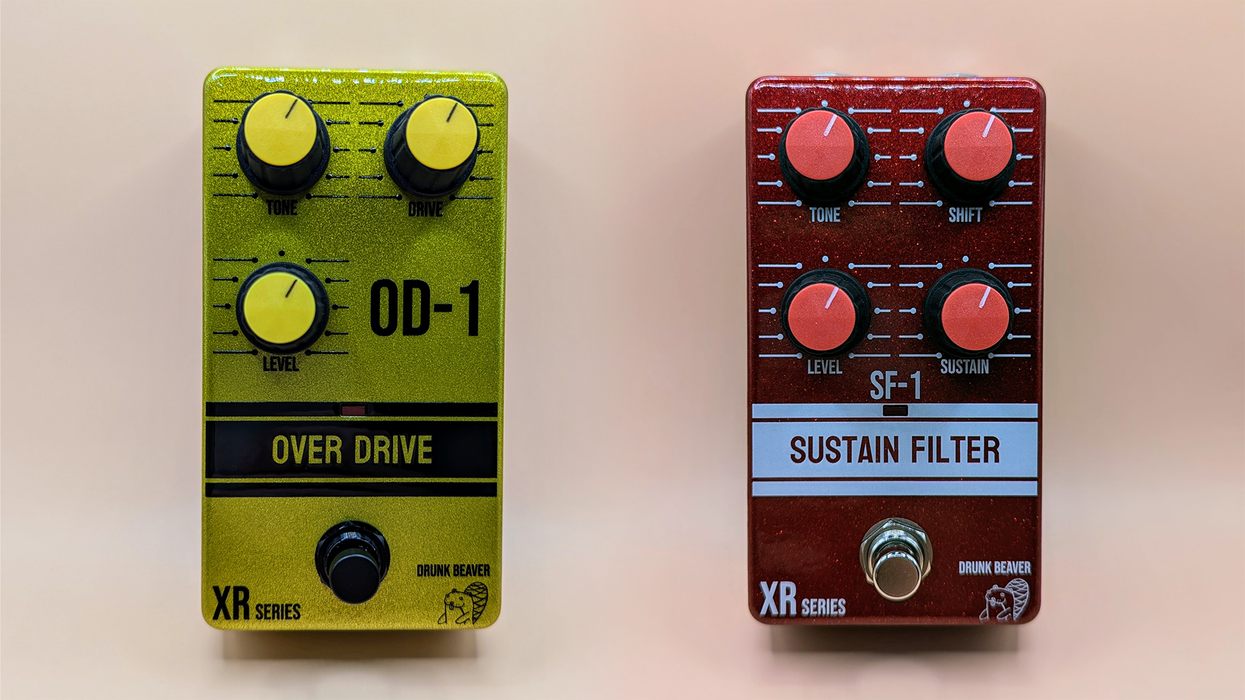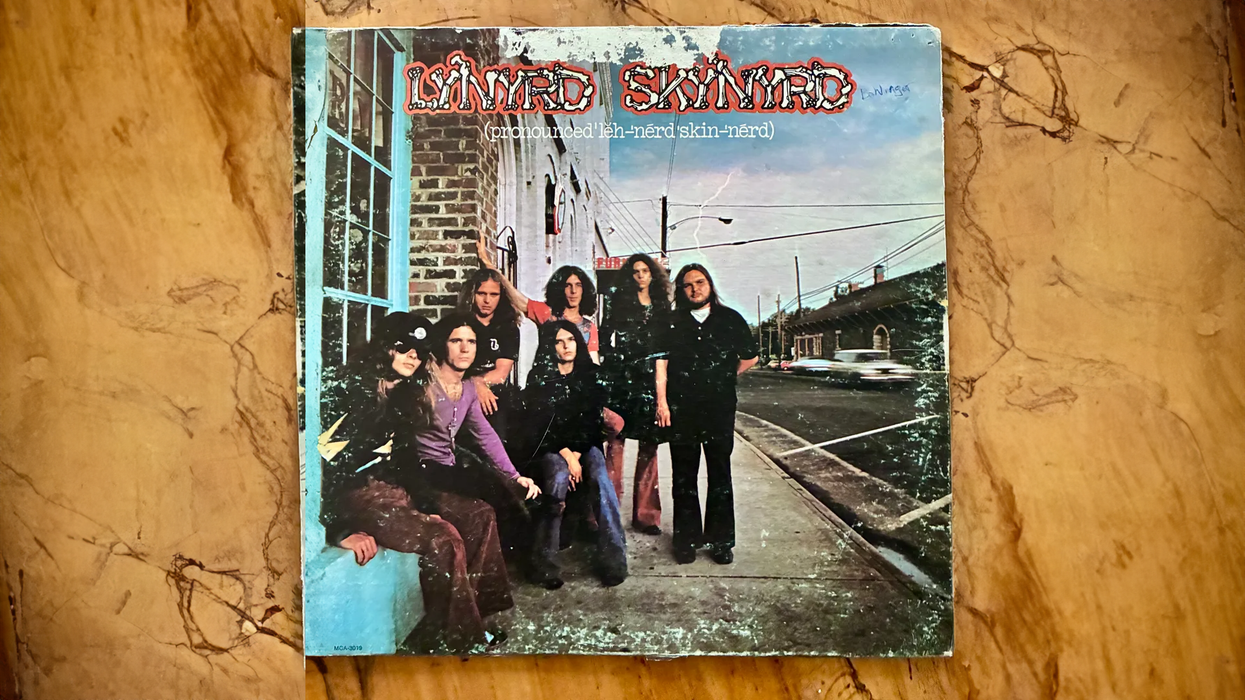Life is crazy. Crazy busy. Always has been. From cradle to grave, it just gets increasingly complicated. The more knowledge you soak up, the more you’re expected to do. The more social connections you make—from siblings to playmates, fellow students, teachers, coworkers, bosses, landlords, significant others, in-laws, kids, grandkids, etc.—the more you gotta remember, adjust to, and be responsible for.
The inevitable result? No matter what fun stuff you’re into, the business of life crowds out time available for it. I mean, does anyone reading this get as much time to jam as they’d like?
Of course we don’t. But it’s not because we all just suck at efficiently compartmentalizing our activities and obligations. Shit gets complex. Sometimes it’s external. Sometimes it’s internal. We, individually, are complex. We’ve all got at least a few personal/mental/emotional quirks. Same goes for unfortunate genetic mutations that interfere in mysterious ways we’re not even aware of. Mix your own socio-biological freakishness with that of everyone around you, and it just gets exponentially more effed up.
On the bright side, at least we live in a time when most people realize you’ve got to make time to recreate, otherwise everything suffers—relationships, grades, work quality—and you become insufferable. But even if we force ourselves into reasonable bits of respite, there’s still never enough time to satiate the musical appetites of a true guitar junky.
Of necessity, one thing I’ve found to help quite a lot is what I guess I’m gonna call “mattress practice.” (Not that kind. Though I guess that never hurts either….) I don’t suffer from what I’d call insomnia … usually. Like everyone, sometimes my head just gets overloaded (see “life is crazy,” above), and that screws with the sleepability situation. Sometimes I just can’t shut my brain off—not because I’m worried about anything. I just get thinking … and thinking … and thinking. It’s all rather stupid stuff that can wait till tomorrow, but why wait till then to analyze it, right?
Such times are perfect for mattress practice. (Again, not the one you’re thinking, but who am I to say?)
Other times, mattress practice is dictated not by the fact that I’d like to sleep but can’t, but by the fact that my rad wife’s crap work schedule requires her to get up at an ungodly hour and, in order to avoid A) missing out on valuable spooning-and-TV time, and B) disrupting her sleep schedule, I hit the hay earlier than I otherwise would.
Mattress practice.
So, what exactly am I going on about? Some of you sports nuts have probably heard about this: A multitude of scientific studies have concluded that in-depth mental practice of a physical activity—that is, meticulously running through the minutiae involved with an activity in your head, even if you can’t do so with your body—can improve eventual performance of the activity as much as traditional practice. It has been shown to improve basketball free-throw shooting, golf putting, football drills, baseball batting, and more. The catch? It only works if you already know the ins and outs of the activity. You can’t be a beginner.
How might this apply to music? Count the ways. You can mentally drill yourself on the timing and inflections of a new riff idea. You can repeat a progression or a whole song or new lyrics you’ve written in your head to help engrain them in memory so that later, real-life execution is more fluid. Free from the tempting distraction of unplucked strings and muscle-memory habits, you can use the distance from your instrument to “hear” a passage in a more detached and holistic context. Sure, without your guitar there, it might be difficult to A/B ideas and decide for sure which you prefer, but at least you’ve put your head in a space where it can look at things differently and consider options—intensity of attack, number of repetitions, phrasing, tonal options, etc.—that it might not consider if it had an instrument bombarding it with aural and touch sensations. You can test out your conclusions later and adjust as necessary.
Besides offering an opportunity to consider musical choices in a detached manner that will help you end up with cooler riffs and catchier songs, research indicates that imagining these decisions in action—envisioning yourself doing these things—causes your brain to send signals to the muscles that would execute them. The signals aren’t strong enough to cause the same contractions that happen during actual performance of the activity, but it’s believed the signals help prepare the neural pathways for the real thing.
And of course there’s one last bonus: All this creative mental activity will often exercise and lull your brain to a more relaxed, ready-to-sleep state than any amount of sheep counting or controlled breathing might. Sometimes you might still have to resort to some melatonin, and some might need something stronger—there’s nothing wrong with that. But it’s nice to have another intermediary step, no? It’s a heck of a lot better way to drift into slumber than laying there, needlessly revisiting the day’s most ludicrous and inconsequential events, or wondering whether the clothes you put in the dryer before bed will be ready to wear by morning.





![Rig Rundown: John 5 [2026]](https://www.premierguitar.com/media-library/youtube.jpg?id=62681883&width=1245&height=700&quality=70&coordinates=0%2C45%2C0%2C45)












